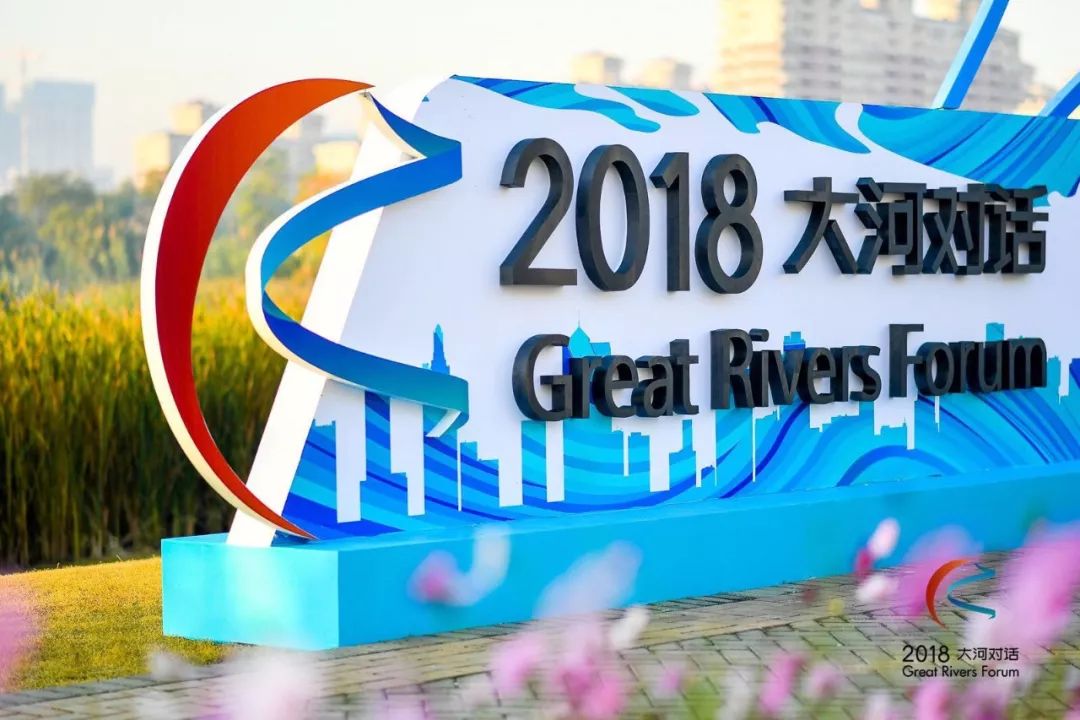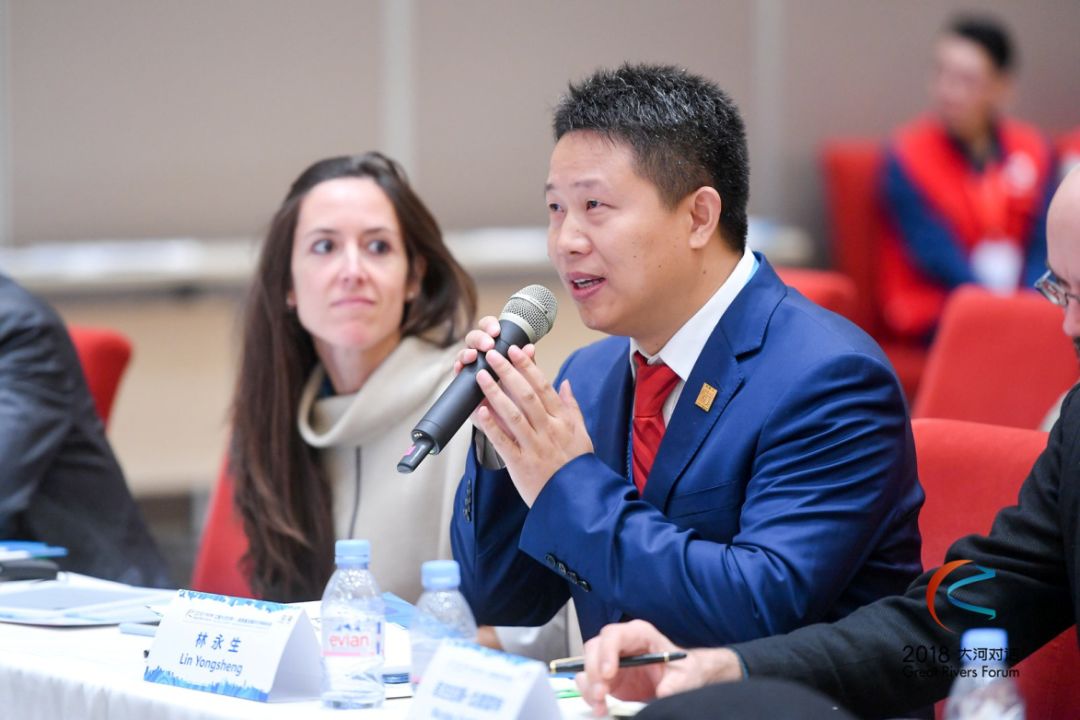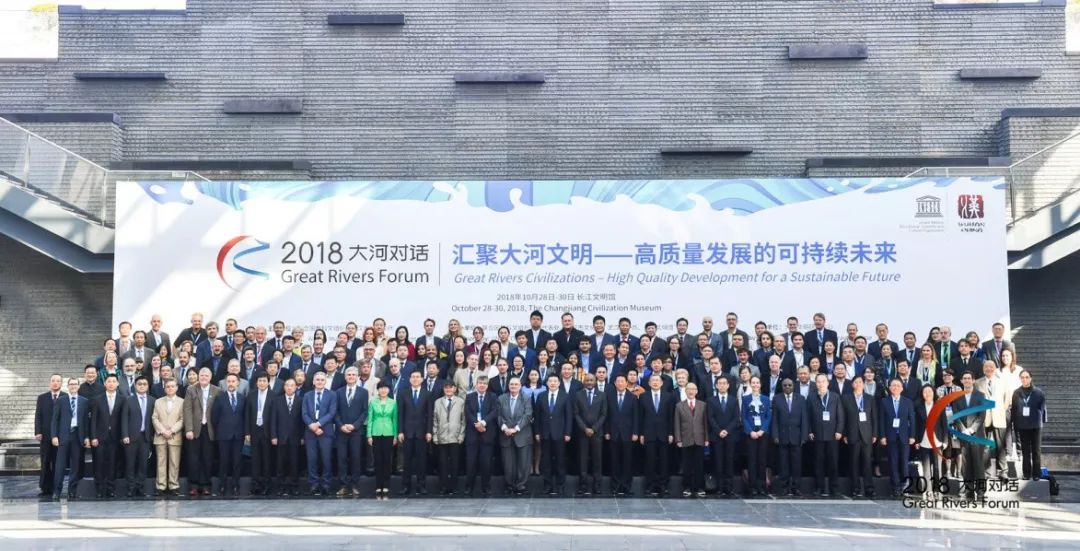
From October 28th to 30th, 2018, the “2018 Great Rivers Forum (GRF)” was held at the Changjiang Civilization Museum of Wuhan Garden Expo, China, on the theme of “Confluence: Great Rivers Civilizations—High Quality Development for a Sustainable Future”. The forum aims to offer an international open platform for experts and managers from various horizons and disciplines, against the world’s major river basins. Sister cities and UNESCO networks, including the World Heritage sites, Creative Cities, Biosphere Reserves and Ecohydrology Pilot Sites were encouraged to participate in seminars as a cooperative effort to push forward high-quality development along great rivers, with particular attention to their ecological and cultural environment.

Prof. LIN Yongsheng, researcher of the Taihe Institute, director of China’s Market Economy Research Center at Beijing Normal University, attended the expert session on “urban development along great rivers --- re-connecting the city with its river” on behalf of the Taihe Institute. Prof. LIN delivered a keynote speech titled “Water and Sustainable Development: From the Perspective of the Genuine Progress Indicator (GPI)”. He stressed that sustainable development is the common pursuit of all mankind. In order to reach the global sustainable development goals (SDGs) by 2030, we must overcome the shortcomings of GDP, and explore new indicators of development, such as the Genuine Progress Indicator, or GPI. He outlined the advantages and disadvantages of GDP and the exploration of new indicators, and introduced the Genuine Progress Indicator and China’s Genuine Progress Indicator research projects to analyze the importance of water resources for sustainable development, especially the “water element” in the GPI. Finally, Prof. LIN provided some policy suggestions for Wuhan to make use of its water resources to achieve sustainable development.

As “Clear waters and green mountains are invaluable assets”, protecting water resources and maintaining ecological harmony are important measures for China to achieve the 2030 global sustainable development goals. The Taihe Institute will further communicate with experts at home and abroad in the future to build broader and more diverse platforms for sustainable development.

(Picture Source:http://www.changjiangcp.com)
—————————————————————
FOCUS ON CONTEMPORARY NEEDS.
Should you have any questions, please contact us at public@taiheglobal.org